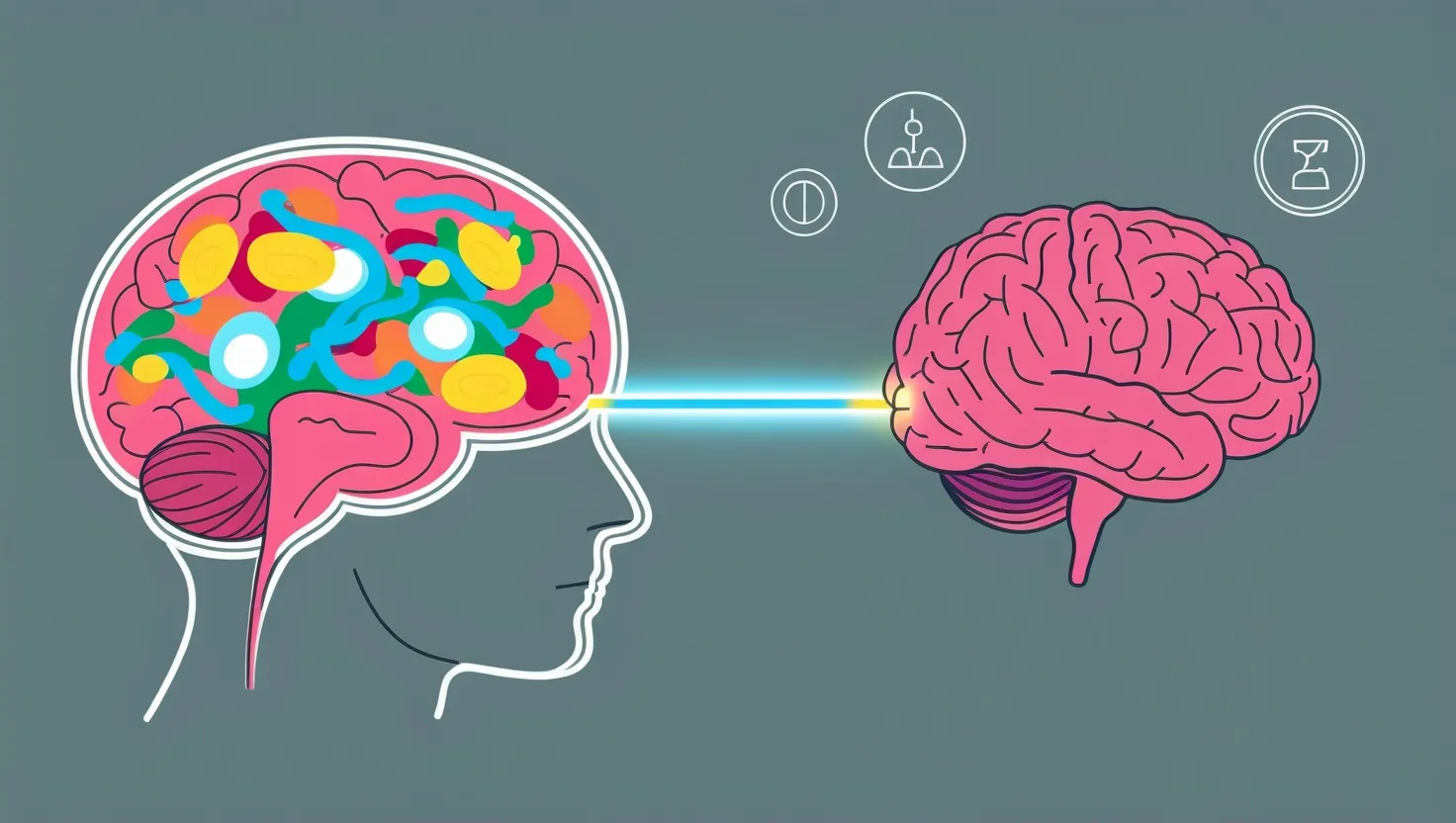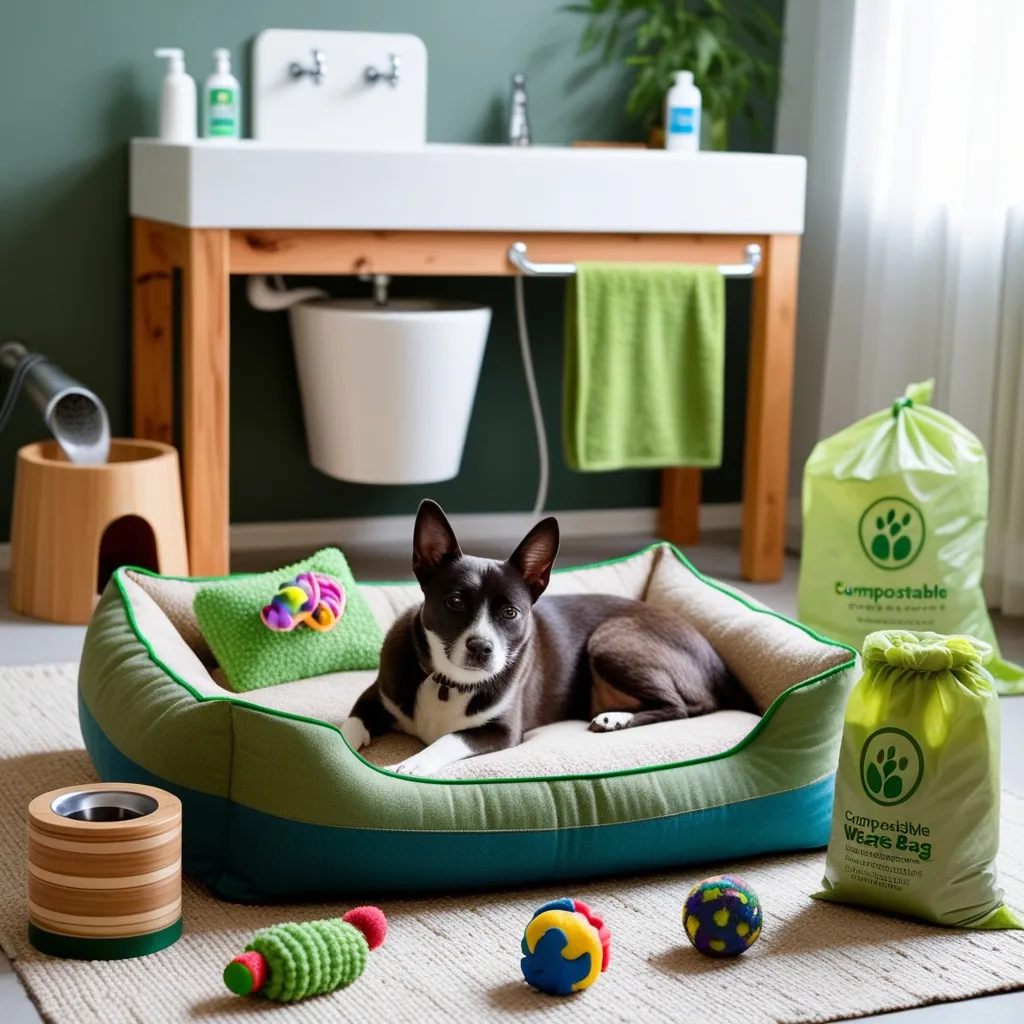Creating a Smarter Media Diet for a Focused Mind
In our digital world, we’re constantly bombarded with content. From social media updates to news articles, videos, and podcasts, there’s always something vying for our attention. While staying informed is important, too much content consumption can really mess with our productivity and stress levels. So, how do we strike a balance? Let’s dive into some strategies for creating a smarter media diet that’ll keep your mind sharp and focused.
First things first, let’s talk about setting clear goals and priorities. Before you dive headfirst into the sea of online content, take a step back and think about what you actually need to learn or achieve. Ask yourself, “What am I trying to accomplish here?” This simple question can help you avoid the trap of mindlessly scrolling through content just because it’s there. For example, if you’re trying to get better with money, focus on reading stuff that gives you practical advice instead of getting lost in general news feeds.
Now, let’s get organized. Creating a trusted library of sources is a game-changer. Instead of randomly consuming content from who-knows-where, curate a list of blogs, newsletters, and websites that align with your interests and needs. When you come across something that looks useful, save it for later instead of reading it right away. This way, you’re only taking in high-quality content that actually adds value to your life.
Timing is everything, folks. Allocate specific times for learning and stick to them. A good rule of thumb is to spend about 20% of your time learning and 80% putting that knowledge into action. For instance, if you’re working on a project, dedicate your morning to researching what you need to know, then spend the rest of the day actually doing the work.
Let’s talk about mindful consumption. Instead of passively “consuming” content, think of it as “savoring” or “studying.” When you approach content with the intention of really understanding and applying it, you engage more deeply and remember more. If you find yourself scrolling through your phone while watching TV or reading an article, it’s probably a sign that the content isn’t engaging enough. Look for stuff that requires your full attention and offers real value.
In a world where distractions are just a click away, using tools to stay focused can be a lifesaver. Browser extensions like StayFocusd or Cold Turkey can block those tempting time-wasters during your work hours. Setting up these tools helps you avoid the urge to mindlessly browse and keeps you on track.
Feeling overwhelmed by the constant flow of news and updates? Break your media consumption into manageable chunks. Maybe dedicate the first hour of your workday to reading the news or checking emails, then move on to your main tasks. This approach helps you stay informed without feeling like you’re drowning in information.
Here’s a tip: avoid starting new series or habits. Getting hooked on a new TV show or social media platform can be a massive time sink. If you need to watch something, go for a movie or a single episode instead of committing to an entire series. And try to avoid starting new habits that could lead to excessive media consumption, like checking your phone every few minutes.
Sometimes, the best way to stop overconsuming media is to replace it with other activities. Keep books or a journal nearby, especially in places where you tend to consume media, like next to your bed or on your commute. Whenever you feel the urge to check your phone, reach for a book instead. This simple switch can significantly reduce your media consumption and boost your productivity.
It’s important to be conscious of your limits. You can’t read everything or keep up with all the news, and that’s okay. It’s fine to miss out on some information; what matters is that you’re focusing on what’s truly important to you. For example, if you’re a journalist, you might limit your news intake to specific times of the day and avoid breaking news alerts outside of work hours.
Sometimes, the simplest solutions are the most effective. Removing the internet browser and email from your phone can be a powerful way to reduce media consumption. If you need to check something, doing it on a computer can make the process more intentional and less convenient, reducing the likelihood of mindless browsing.
When you’re struggling with a particular challenge, sometimes the best resource is another person. Instead of spending hours searching for answers online, talk to someone who has experience in the area you’re interested in. This approach not only saves time but also provides more personalized and relevant advice.
Remember, learning and growth often involve failure and adaptation. Don’t get stuck in the cycle of constantly seeking more information without taking action. Commit to spending more time executing what you’ve learned, even if it means facing setbacks. This approach accelerates your productivity and helps you overcome challenges more effectively.
Creating a smarter media diet isn’t about cutting yourself off from the world. It’s about being intentional with your time, focusing on high-quality content, and maintaining a balance between learning and doing. By implementing these strategies, you can reduce the time spent on unnecessary media consumption and enhance your productivity, leading to a more focused and fulfilling life.
Think about it: how much time do you spend each day scrolling through social media or binge-watching shows? Now imagine what you could accomplish if you redirected even half of that time towards your goals. It’s not about being perfect; it’s about making small, consistent changes that add up over time.
Start by picking one or two strategies from this article and implementing them this week. Maybe it’s setting aside specific times for media consumption, or perhaps it’s curating a list of trusted sources. Whatever you choose, stick with it for a week and see how it impacts your focus and productivity.
Remember, the goal isn’t to eliminate media from your life entirely. It’s about creating a healthier relationship with it. Media can be a powerful tool for learning and growth when used intentionally. The key is to be in control of your consumption, rather than letting it control you.
As you work on creating a smarter media diet, be patient with yourself. Old habits can be hard to break, and you might find yourself slipping back into old patterns from time to time. That’s okay. The important thing is to keep moving forward, learning from your experiences, and refining your approach.
Consider keeping a journal to track your progress. Note how you feel on days when you stick to your media diet versus days when you don’t. This can help you stay motivated and identify patterns or triggers that lead to excessive media consumption.
Don’t forget to celebrate your wins, no matter how small they might seem. Did you make it through a whole workday without checking social media? That’s worth celebrating! Acknowledging your progress can help reinforce positive habits and keep you motivated.
Lastly, remember that creating a smarter media diet is a personal journey. What works for one person might not work for another. Be willing to experiment and adjust your approach as needed. The most important thing is finding a balance that works for you and supports your goals and well-being.
In the end, a smarter media diet isn’t about deprivation. It’s about enrichment. By being more intentional about what you consume and when you consume it, you’re creating space for more meaningful experiences, deeper learning, and greater productivity. You’re taking control of your attention and, by extension, your life.
So, are you ready to take charge of your media diet? The power to create a more focused, productive, and fulfilling life is in your hands. Start small, be consistent, and watch as these changes transform not just your media habits, but your entire approach to learning and growth. Here’s to a smarter, more intentional future!






